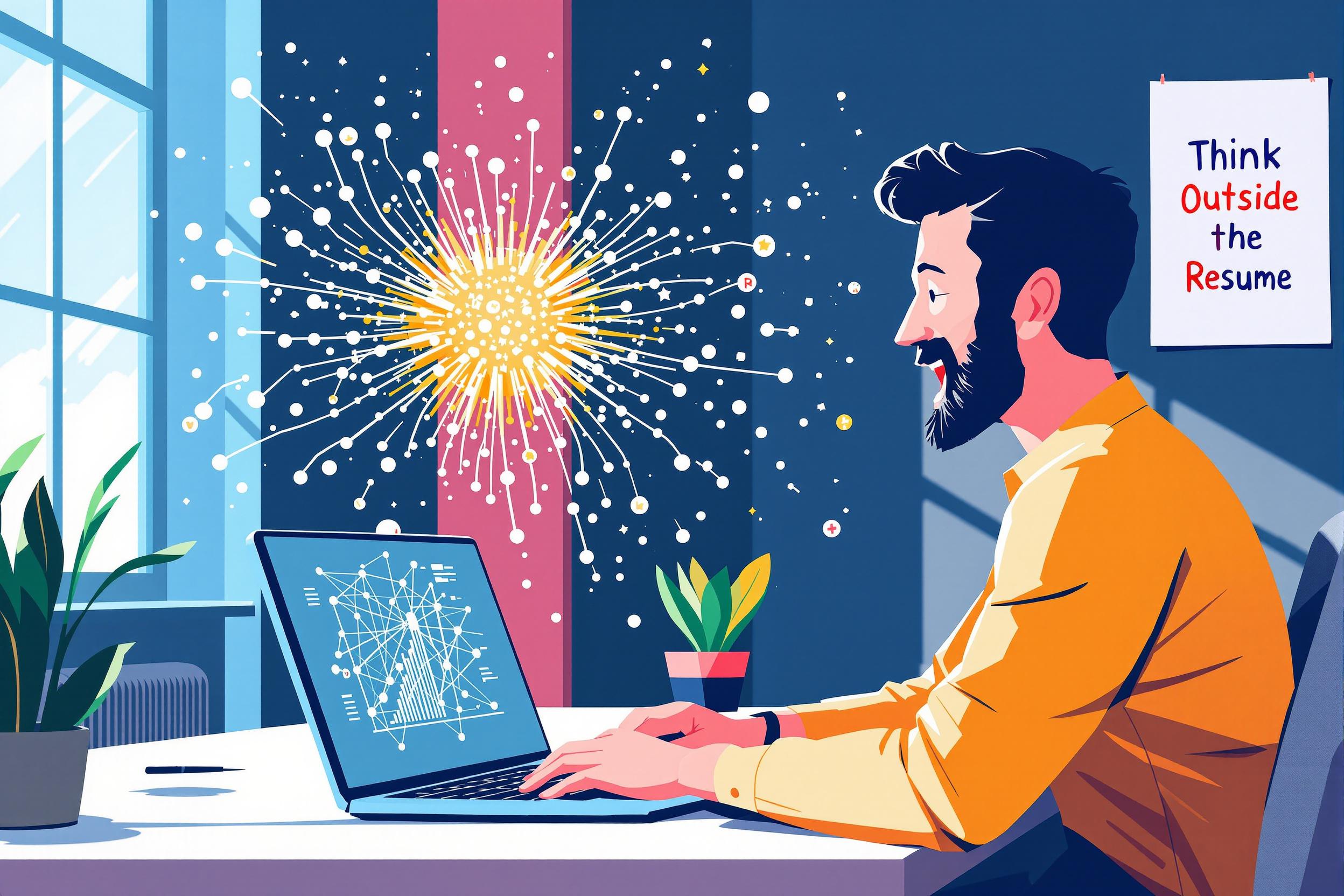
Donor Relations
Donor Relations is the practice of managing and nurturing relationships with people and organizations who give money or valuable items to museums and cultural institutions. It involves keeping donors engaged, showing them how their gifts make a difference, and encouraging ongoing support. This role is crucial because museums often rely heavily on donations to maintain their collections, create new exhibits, and run educational programs. You might also see this work described as "development," "advancement," or "museum fundraising."
Examples in Resumes
Managed Donor Relations program that increased annual giving by 25%
Created personalized stewardship plans for Donor Relations with major gift contributors
Organized exclusive Donor Relations events and behind-the-scenes tours for museum benefactors
Typical job title: "Donor Relations Managers"
Also try searching for:
Where to Find Donor Relations Managers
Professional Associations
Job Boards
Professional Networks
Example Interview Questions
Senior Level Questions
Q: How would you develop a strategy for increasing major gifts?
Expected Answer: Should discuss creating personalized cultivation plans, analyzing giving patterns, organizing exclusive events, and building long-term relationships with high-net-worth individuals. Should mention measuring success and maintaining donor privacy.
Q: How do you handle sensitive situations with major donors who have specific demands?
Expected Answer: Should demonstrate diplomatic skills, understanding of museum policies, ability to find creative solutions that benefit both donor and institution, and experience maintaining professional boundaries.
Mid Level Questions
Q: What strategies do you use for donor retention?
Expected Answer: Should explain regular communication methods, appreciation events, impact reporting, and personalized acknowledgment strategies. Should mention using donor management systems to track interactions.
Q: How do you organize successful donor appreciation events?
Expected Answer: Should discuss event planning experience, budget management, coordination with various departments, and creating meaningful experiences that make donors feel valued and connected to the institution.
Junior Level Questions
Q: How do you maintain donor records and ensure confidentiality?
Expected Answer: Should explain basic database management, importance of accurate record-keeping, understanding of privacy policies, and attention to detail in donor communications.
Q: What's your process for writing donor thank-you letters?
Expected Answer: Should discuss personalization, timeliness, including specific impact details, and understanding different acknowledgment levels based on gift size.
Experience Level Indicators
Junior (0-2 years)
- Basic donor database management
- Thank-you letter writing
- Event support
- Donor record maintenance
Mid (2-5 years)
- Donor stewardship program management
- Event planning and execution
- Gift processing oversight
- Regular donor communications
Senior (5+ years)
- Major gift strategy development
- High-level donor cultivation
- Team leadership
- Budget management
Red Flags to Watch For
- Poor interpersonal communication skills
- Disorganized record-keeping
- Lack of experience with donor management software
- No understanding of nonprofit privacy practices
Need more hiring wisdom? Check these out...

7 Ways to Maximize Your Candidate Database ROI

From Passive to Active: Nurturing Candidates Over the Long Haul

Unlock LinkedIn’s Hidden Potential: 9 Surprising Tactics for Recruitment Outreach Success

